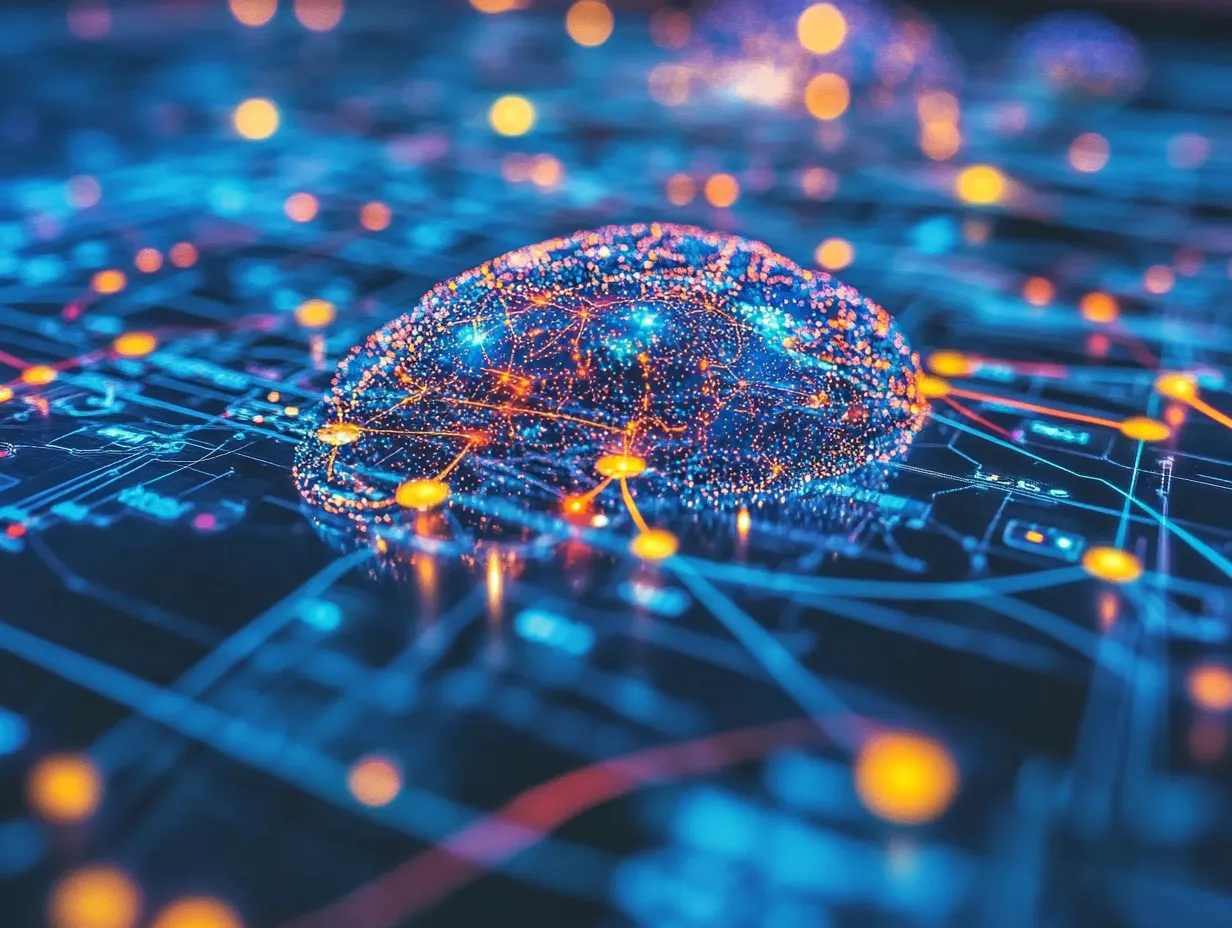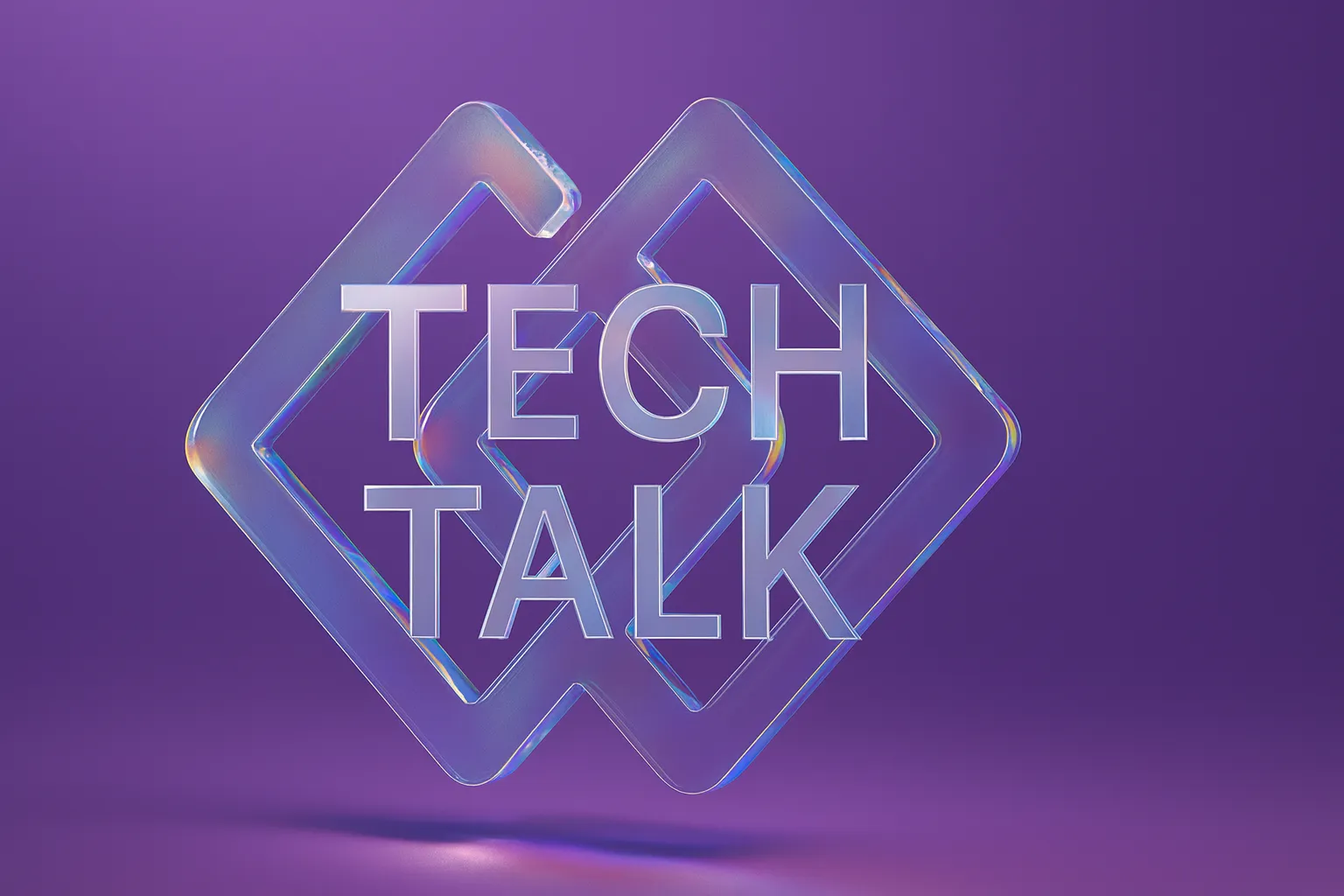For enterprise leaders, the challenge with employee training isn’t just content quality—it’s scalability, personalization, and impact. Traditional training programs treat everyone the same, often missing the mark for employees with diverse roles, skill levels, and learning preferences. The result? Wasted seat time, disengaged teams, and limited ROI.
AI-powered adaptive learning offers a path forward. By dynamically tailoring training experiences to each employee’s needs, AI enables more effective learning at scale—improving knowledge retention, reducing ramp-up time, and driving measurable performance gains across the organization.
At Tribe AI, we help enterprises move from static courseware to intelligent learning systems—built to integrate with your existing stack and deliver personalization that aligns with business outcomes. Whether you're reimagining onboarding or upskilling, adaptive learning isn't just a learning strategy—it's an operational advantage.
Adaptive Learning in AI-Powered Training Platforms
Adaptive learning with AI represents a quantum leap in educational technology, offering personalized experiences tailored to individual needs. These systems dynamically adjust content, pace, and difficulty based on each learner's performance and preferences, creating a truly individualized learning journey. This approach is becoming increasingly important not only in corporate training but also in AI in higher education.
Core Characteristics of AI Driven Adaptive Learning Systems
- Personalization: AI systems tailor educational content and experiences to each learner's specific needs, preferences, and performance including content delivery, pace, sequence, and assessment methods.
- Continuous Adaptation: Adaptive learning systems learn and improve as they encounter changes in data, ensuring the learning experience evolves with the student.
- Modular Curriculum Structure: Built around modularized curriculum, this approach enables flexible pathways through content, letting learners focus where they need support while progressing quickly through familiar material.
- Data Driven Instruction: By analyzing student performance data, these systems make informed decisions about appropriate next steps, ensuring learners are challenged at the right level.
- Progressive Complexity Management: Adaptive systems build upon foundational knowledge before tackling more complex concepts, preventing overwhelm and promoting deeper understanding.
Technological Components
AI-driven adaptive learning platforms integrate several sophisticated components:
- Machine Learning Algorithms: These learn from data and make predictions based on patterns in student interactions, leveraging advanced AI analytics.
- Cognitive Modeling: Utilizing knowledge-based expert rules to guide the user experience.
- Curriculum Sequencing Technology: These systems sequence a student's progression through modularized curriculum.
- Assessment and Feedback Mechanisms: These provide immediate assistance and relevant feedback.
- AI Recommendation Engines: Similar to streaming services, these recommend relevant educational content based on the learner's progress and performance.
As demonstrated in Litmos's work with Tribe, these systems can dramatically transform the learning experience, making training more engaging, effective, and aligned with both individual and organizational goals.
What Adaptive Learning Looks Like in Practice
Adaptive learning with AI transforms the training experience through key functionalities that address common organizational challenges. By using artificial intelligence and data analytics, these systems create personalized, efficient learning journeys that evolve with each learner.
Personalized Content Recommendations
AI-powered recommendation engines analyze learner data to suggest relevant next steps.
When learners show strengths, your training platform should offer them advanced content to build on that knowledge. When they struggle, you should deliver remedial modules or extra practice exercises. It's the learner's preferred formats and learning styles that should shape what they see next.
This personalization cuts through the noise of large course libraries, guiding learners straight to what they need—a key feature that Litmos implemented with Tribe's assistance.
Smart Pacing and Reinforcement
Adaptive systems track a learner’s comprehension in real time and adjust accordingly—slowing down for tougher concepts to aid absorption, while speeding up through familiar material to maintain engagement. The system generates extra quizzes or review materials when needed.
This approach saves time on content the learner has already mastered while ensuring they thoroughly understand critical concepts.
Skill Gap Detection and Targeted Content
AI analyzes learner performance to identify specific knowledge gaps, then delivers micro-content tailored to close them. For example, sales reps struggling with objection handling receive focused modules on that skill, while developers lacking proficiency in a programming language get custom coding exercises.
This targeted method optimizes the use of learning resources by addressing individual weaknesses rather than requiring repetition of entire courses.
Learner Profiling and Custom Journeys
Adaptive systems build detailed profiles of how each learner learns best, incorporating styles, preferences, and performance history. These profiles guide adjustments to content delivery—modifying language complexity, pacing of new concepts, and the types and frequency of assessments used.
In Litmos's implementation, this level of customization creates a truly personal journey that evolves with each learner, continuously adapting to changing needs and preferences.
How Litmos Used AI to Build Adaptive Learning with Tribe
Litmos, a leading learning management system provider, partnered with Tribe to transform their platform into a personalized, adaptive learning system that addresses the limitations of traditional training approaches.
The Challenge
Litmos faced a common challenge: a vast library of rigidly formatted courses that made true personalization impossible. Their existing platform struggled with inefficient learning paths for employees with diverse skill levels, low engagement due to irrelevant or redundant content, and difficulty addressing specific skill gaps effectively.
These challenges reflected the broader frustrations many organizations experience with traditional training methods.
Tribe's Solution
To overcome these challenges, Tribe developed a sophisticated AI assistant that transformed Litmos's platform into a truly adaptive learning environment:
- Intelligent Query Interpretation: Advanced natural language processing to understand learner questions, ensuring accurate and contextual responses.
- Dynamic Content Recommendation: Analysis of individual learner profiles and performance data to recommend the most relevant training modules.
- Interactive Knowledge Reinforcement: A system of adaptive questioning and feedback, adjusting difficulty based on learner responses.
- Real-time Learning Path Adjustment: Continuous adjustment of learning paths as users progress, ensuring they're always challenged appropriately.
Implementation and Results
The implementation of Litmos's AI-powered learning platform delivered impressive results with significant increases in learner engagement and improved course completion rates. The platform showed reduced time spent searching for relevant content and enhanced capabilities including personalized learning paths and real-time analytics, offering highly personalized training experiences at scale.
This transformation positioned Litmos for future growth in the corporate training sector, allowing them to continuously improve their offering through machine learning and adapt quickly to emerging training needs—a path other organizations are increasingly following.
"People learn better when they’re immersed in an experience, we know that already. But we wanted to use AI to not only mimic what's already happening and speed it up, but to recreate the experience based on what's possible thanks to Generative AI," noted Tyler Horan from Bright, another organization that worked with Tribe on similar initiatives.
How Tribe Helps You Build Adaptive Learning with AI Into Your Platform
Tribe offers a comprehensive approach to implementing adaptive learning solutions, helping organizations transition from traditional training methods to AI-driven, personalized learning experiences. Their methodical process ensures seamless integration while maximizing AI benefits.
Mapping Existing Learning Flows
Tribe begins by thoroughly analyzing your current training workflows and identifying opportunities for adaptive components. This initial assessment creates a roadmap for integrating AI-driven solutions aligned with your specific organizational needs—exactly what they did with Litmos to transform their platform.
Many organizations already have valuable training content—it's just trapped in rigid formats that don't allow for personalization. Tribe's experts help unlock this potential by identifying precisely where adaptive elements will have the greatest impact.
Designing AI Assistants for Personalization
Leveraging expertise in AI architectures for learning platforms, Tribe designs sophisticated AI assistants that personalize training paths and pacing using large language models (LLMs) and retrieval-augmented generation. These AI companions know each learner's strengths and preferences, tailoring every interaction accordingly.
For Litmos, this meant creating an assistant that could truly understand learner needs and respond with appropriate content and guidance.
Implementing Advanced Learning Features
Tribe implements several critical features for adaptive platforms, including reinforcement learning algorithms that allow the platform to continuously improve based on learner interactions. Auto-generated assessment tools provide real-time feedback and automatically adjust content difficulty, while fine-tuned models are customized to your specific content and usage patterns.
These features ensure the system becomes smarter over time, creating increasingly personalized experiences for learners.
Ensuring Enterprise-Ready Solutions
Tribe emphasizes implementing solutions that meet rigorous enterprise standards with scalable architecture to handle large numbers of concurrent users, robust data encryption and privacy measures, and compliance checks for relevant industry regulations.
The team understands that enterprise-grade solutions must perform flawlessly while maintaining the highest security standards.
From Static to Smart—The Shift Toward Adaptive Learning
Corporate training is undergoing a fundamental shift. Traditional, static programs no longer meet the needs of today’s workforce or business objectives. In 2025, adaptive learning powered by AI is the new standard, delivering hyper-personalized experiences that evolve in real-time based on individual learner behavior, performance, and engagement. From AI-generated microlearning to emotion-aware content delivery and immersive virtual environments, the future of training is responsive, intelligent, and results-driven.
Tribe AI’s collaboration with Litmos is a clear example of this transformation in action—demonstrating how adaptive learning systems can boost retention, engagement, and alignment with strategic goals. These aren’t just upgrades—they’re entirely new learning models built for performance at scale.
At Tribe AI, we help organizations design and deploy custom AI learning solutions that drive real business impact. Our global network of top AI experts delivers everything from strategy and product design to model development and deployment. Connect with our experts to see how adaptive learning with AI can elevate your training strategy.
FAQs
How do you measure ROI for adaptive learning compared to traditional training methods?
Measuring adaptive learning ROI requires tracking both hard and soft metrics beyond traditional completion rates. Companies typically see 33% faster task completion and reduced training time through personalized pacing. The key is establishing clear baselines before implementation and measuring productivity improvements, time savings, and reduced need for remedial training. Unlike traditional training, adaptive learning eliminates redundant material for each learner, allowing you to calculate direct time savings multiplied by employee hourly rates.
What are the biggest data privacy concerns with AI-powered adaptive learning platforms?
Adaptive learning systems collect extensive behavioral data including learning patterns, performance metrics, and interaction analysis. The primary concerns involve compliance with GDPR, CCPA, and FERPA regulations, plus the risk of data breaches exposing sensitive employee information. Organizations must implement data encryption, user consent mechanisms, and clear data retention policies. A major concern is algorithmic bias where the AI might inadvertently discriminate based on learning styles, potentially affecting performance evaluations.
How do employees typically react to AI-driven personalized learning, and what's the best way to manage resistance?
While 70% of employees initially express concern about AI tracking their learning behaviors, adoption rates improve significantly with proper change management. Common concerns include fear of job displacement, privacy worries, and discomfort with being monitored. The most effective approach is transparency—clearly explaining how the AI enhances rather than replaces human interaction, providing concrete examples of personalized benefits, and starting with voluntary pilot programs to build trust and collect success stories.
What technical infrastructure is needed to implement adaptive learning successfully?
Successful adaptive learning implementation requires robust cloud infrastructure capable of real-time data processing, secure data storage with encryption capabilities, and integration APIs that connect with existing learning management systems. You need sufficient bandwidth to support concurrent users accessing personalized content, mobile-responsive platforms for flexible learning, and analytics dashboards for tracking progress. Most organizations underestimate the need for ongoing technical support and regular system optimization to prevent performance degradation as user data accumulates.
How long does it take to see measurable improvements from adaptive learning implementation?
Most organizations begin seeing initial engagement improvements within 2-4 weeks of launch, with meaningful learning outcomes visible after 6-8 weeks. However, the full ROI typically materializes over 6-12 months as the AI accumulates enough data to make sophisticated personalizations. Early indicators include increased course completion rates and reduced time spent on familiar material. Organizations that see the fastest results typically invest in comprehensive onboarding, continuous user support, and regular content updates.












